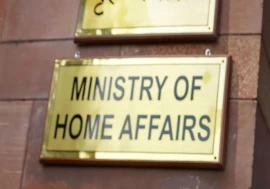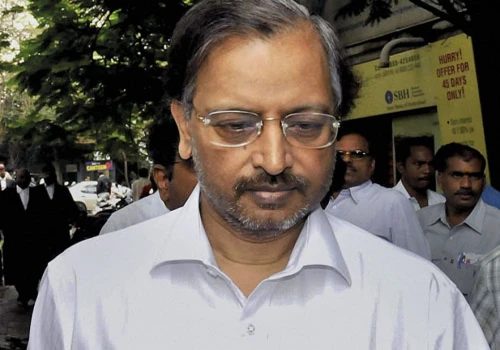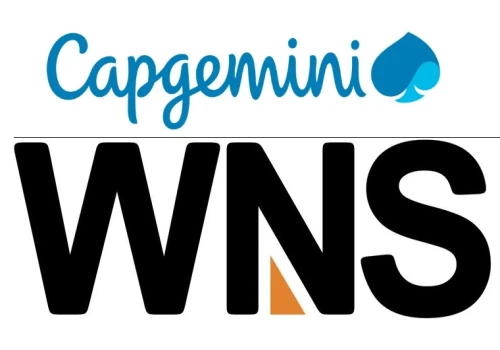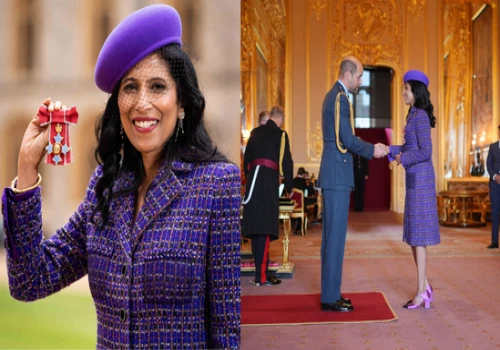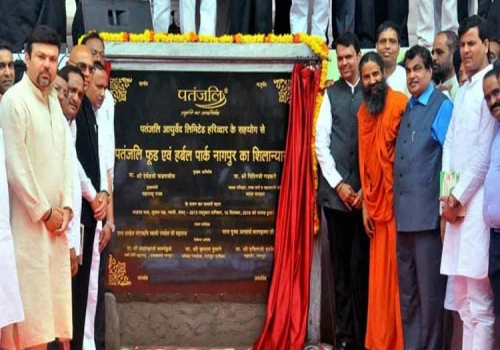
The National Company Law Appellate Tribunal (NCLAT) has delivered a significant verdict in the ongoing insolvency case of Smaaash Entertainment Pvt Ltd (SEPL), a popular entertainment and gaming center chain in India. The verdict upholds an earlier order by the National Company Law Tribunal (NCLT) that deemed the transfer of the "Smaaash" brand by founder Shripal Morakhia as "fraudulent." This effectively returns the brand ownership back to SEPL.
The drama unfolded when Bhrugesh Amin, the appointed resolution professional for the bankrupt SEPL, filed a petition with the NCLT in April 2023. The petition challenged the transfer of the "Smaaash" trademark to Fun Gateway Arena Pvt Ltd, a privately owned entity. Amin's argument hinged on the fact that the transfer was executed through a "back-dated deed agreement" signed in April 2022, raising suspicion about its legitimacy.
In his plea, Amin sought a two-pronged approach. Firstly, he requested the NCLT to declare the transfer agreement null and void, essentially reversing the brand ownership. Secondly, he aimed to prevent Fun Gateway from using any brand content or trademarks associated with Smaaash.
The NCLT order, issued in November 2023, sided with Amin's arguments. The tribunal found evidence suggesting collusion between Morakhia and his associates to "syphon off critical assets" of SEPL. The "fraudulent action," as the NCLT termed it, not only weakened SEPL's financial standing but also jeopardized potential bids from resolution applicants seeking to acquire the company.
The order further directed Fun Gateway to return all benefits accrued through the use of Smaaash brand content. Essentially, the tribunal aimed to restore SEPL's brand identity and prevent any further financial exploitation.
Unhappy with the NCLT verdict, Fun Gateway challenged the order in the NCLAT. However, they later withdrew the appeal, leading to the dismissal of their case by the appellate tribunal. This effectively sealed the deal, solidifying SEPL's ownership of the "Smaaash" brand.While the brand ownership battle seems settled, SEPL's path to complete financial recovery remains unclear. The company is still undergoing insolvency proceedings, and the focus now likely shifts towards attracting viable resolution plans to ensure its revival.
This case highlights the complexities surrounding insolvency and intellectual property rights in India. It underscores the importance of robust legal frameworks to prevent asset stripping and ensure fair play during bankruptcy proceedings. The Smaaash case serves as a cautionary tale for businesses navigating financial difficulties and a reminder of the legal consequences associated with potentially fraudulent activities.


